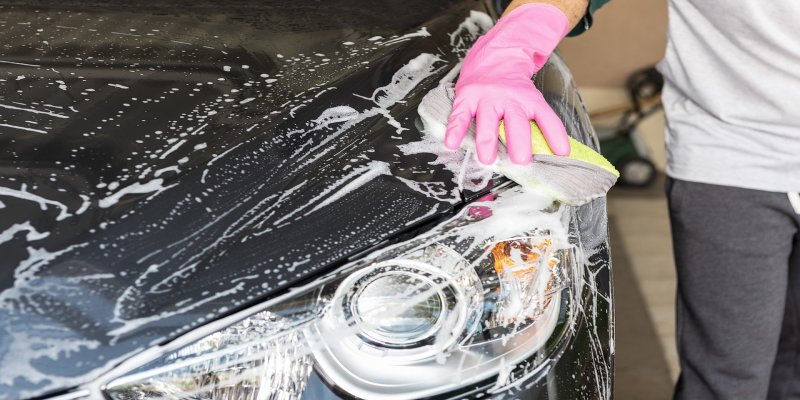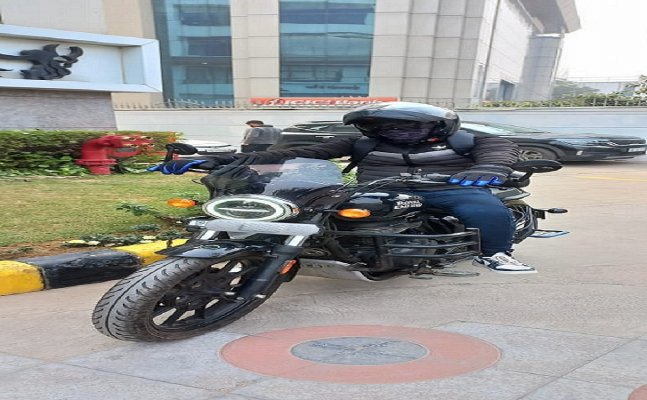The Hidden Danger: How Keeping Water Bottles in Your Car Can Start a Fire
- Thursday | 13th June, 2024
Removing Holi Color Stains: Safely Reviving Your Car`s Shine Post-Festivities
- Thursday | 14th March, 2024
On the road without a net: Understanding bike insurance fines for driving without a valid policy
- Thursday | 8th February, 2024






1.png)






